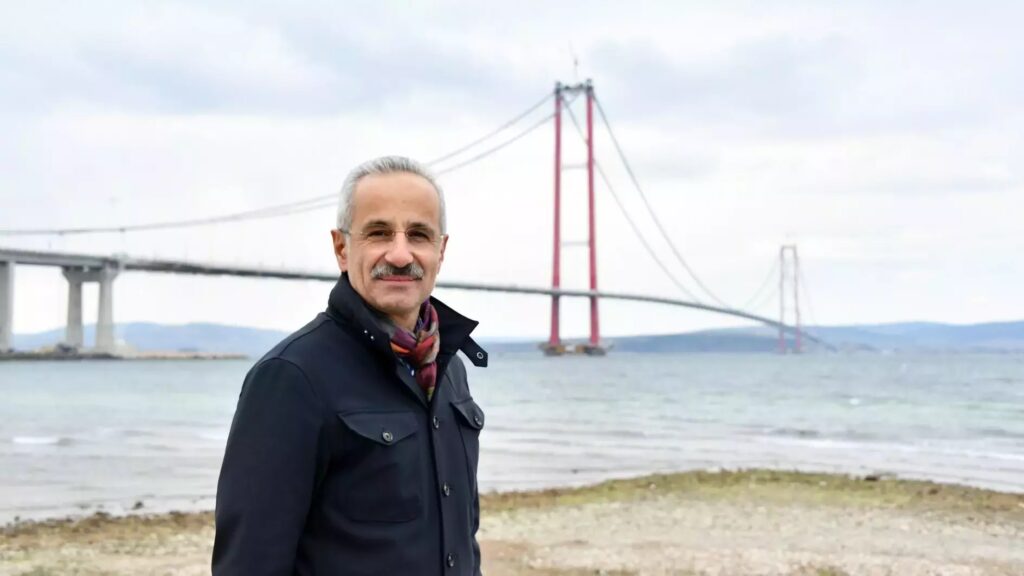Transport and Infrastructure Minister Abdulkadir Uraloğlu has unveiled plans to expedite the construction of a second highway bridge at the İpsala border crossing with Greece.
In a written statement on Dec. 10, Uraloğlu said the project spans around 1,500 meters, commencing from the exit of İpsala customs facilities to the entrance of Kipoi town’s (Bahçeköy in Turkish) checkpoint. Notably, the existing Meriç (Evros in Greek) River bridge, dating back to 1958, has been deemed insufficient to handle the escalating heavy vehicle traffic and the surge in tourist activity.
Highlighting the collaborative efforts between Türkiye and Greece, Uraloğlu recalled the memorandum of understanding signed in Athens in 2004, marking a joint commitment to construct a second border crossing bridge in the region. Greece undertook the responsibility for the bridge project through an agreement signed on June 10, 2006.
Underlining the planning process, Uraloğlu said a protocol signed in 2014 delineated the border crossing bridge plan, including detailed maps and the precise location of the bridge and its border line.
Subsequent technical meetings of the joint planning and monitoring committee, initiated in 2017, have resulted in key decisions.
Uraloğlu elaborated on the technical measures agreed upon, including the initiation of separate construction tenders for the Greek and Turkish sides of the bridge, the establishment of a joint inspection group overseeing both contractors and the creation of a structural health monitoring system and operation center on the bridge.
The transportation collaboration gained momentum during President Recep Tayyip Erdoğan’s recent visit to Greece, marking a “new era” in bilateral relations. The five-hour visit, occurring on the sidelines of the fifth meeting of the high cooperation council, symbolizes a potential turning point in the longstanding diplomatic ties between the NATO allies.
Erdoğan announced a commitment to annual meetings with Greek Prime Minister Kyriakos Mitsotakis to foster continued dialogue. The leaders signed a non-binding declaration of friendship and good neighborly relations, solidifying their commitment to mend historically strained ties.
In addition to addressing Aegean and Mediterranean positions, the leaders discussed the visa issue, with Mitsotakis proposing an exemption for Turkish citizens from Schengen visa requirements for seven days to visit the eastern Aegean islands.
Source : Hurriyet


